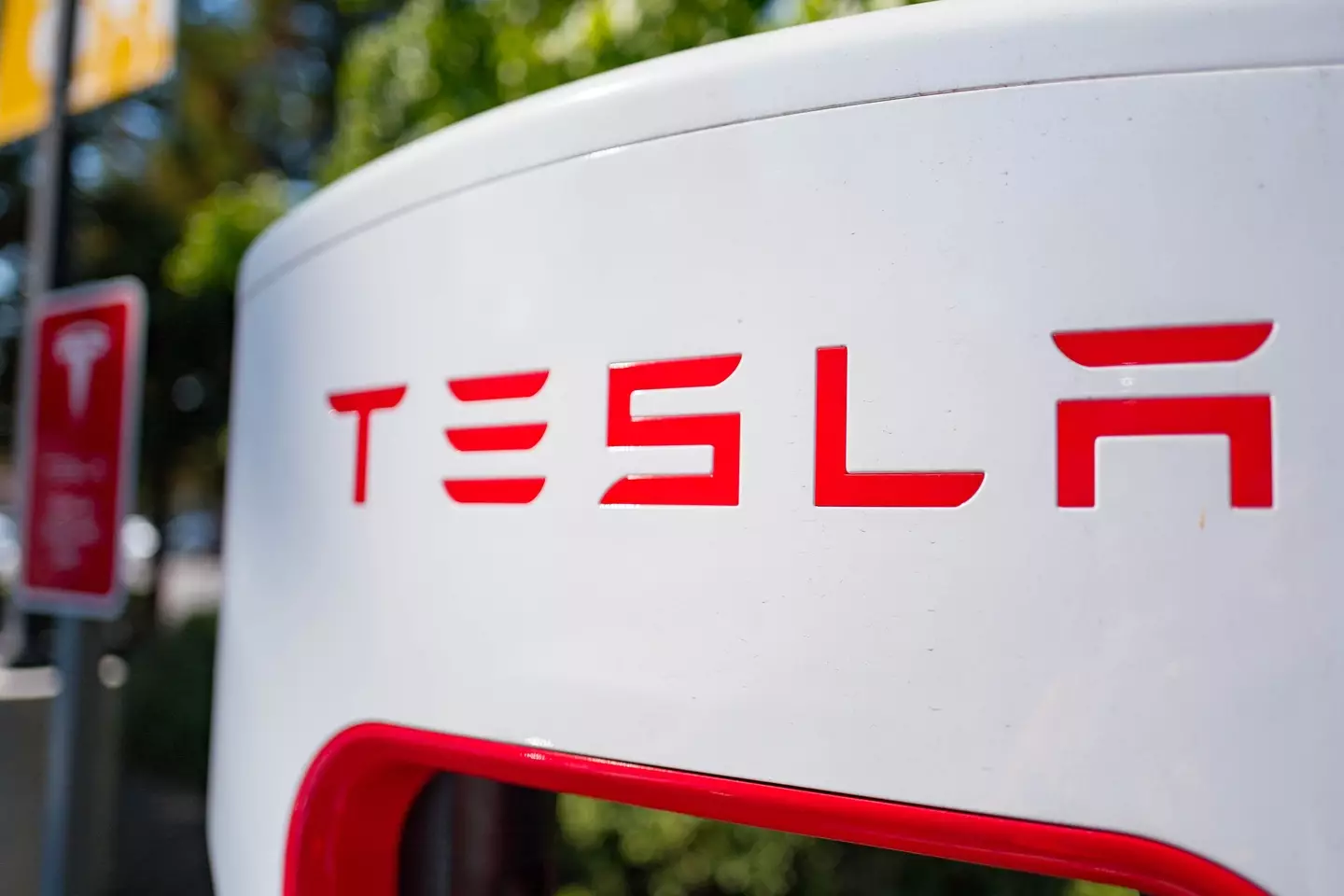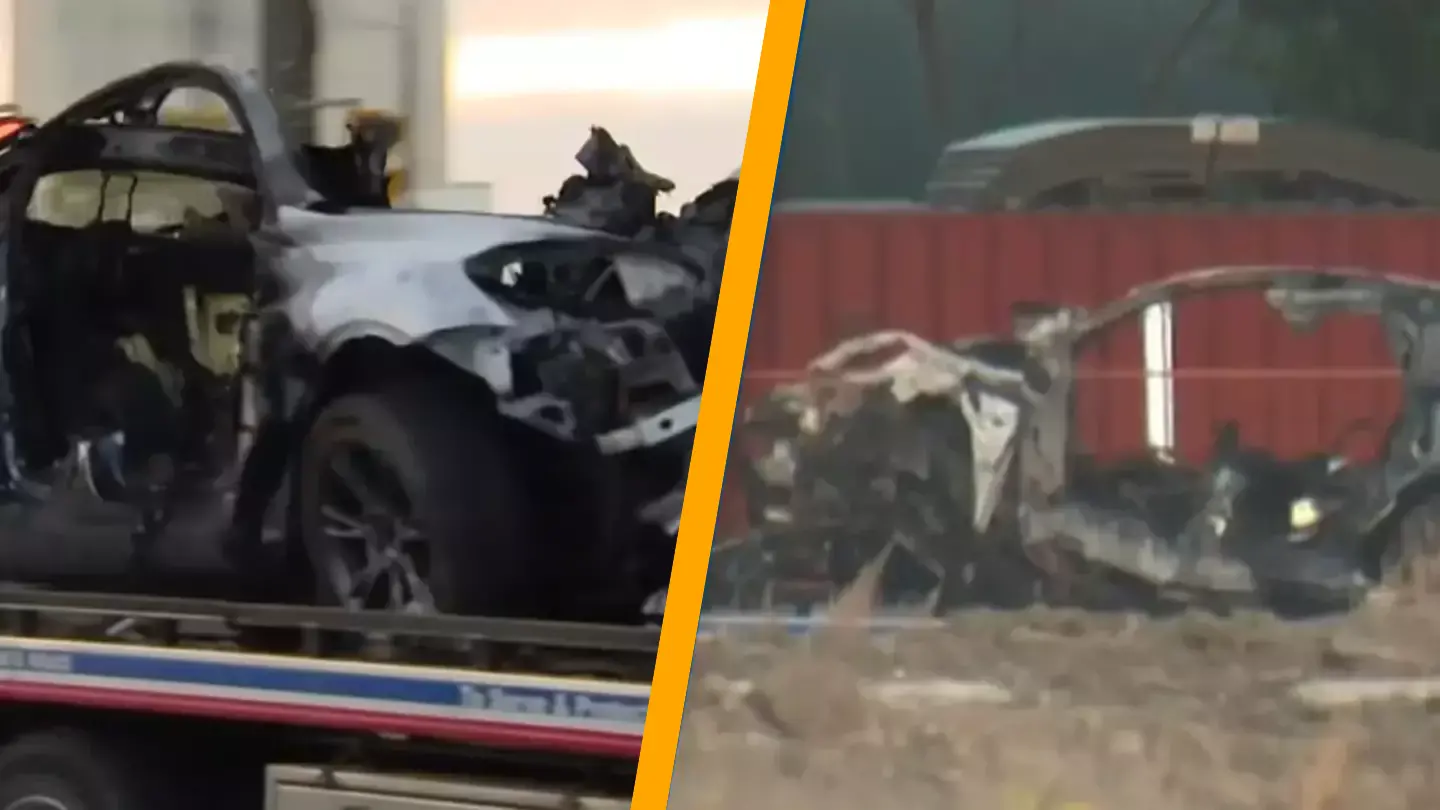In a devastating incident in Toronto, Canada, on October 24, four individuals tragically lost their lives when a Tesla vehicle they were in caught fire following a crash.
The victims have been identified as Jay Sisodiya, Digvijay Patel, Neelraj Gohil, and Ketaba Gohil, with ages ranging from 26 to 32.
The crash occurred when the driver apparently lost control, causing the vehicle to collide with a guardrail. Subsequently, the Tesla erupted in flames, and the passengers faced difficulties escaping the vehicle.
Among the tragedy, a single survivor was rescued by Rick Harper, an employee of Canada Post. Harper broke a window to assist the 25-year-old woman in exiting the Tesla.
The electronic doors of the Tesla reportedly failed to open, prompting Harper to take action. Harper recounted to the Toronto Star: “You couldn’t open the doors. I would assume the young lady would have tried to open the door from the inside, because she was pretty desperate to get out.”
“I don’t know if that was the battery or what. But she couldn’t get out,” he continued.
Harper did not realize there were more occupants in the vehicle due to the thick smoke that obscured his view.

Randy Schmitz, a captain with the Calgary Fire Department and chairman of the Alberta Vehicle Extrication Association, explained that electric vehicles like Teslas have power-dependent doors.
He noted that in the event of a crash, if the vehicle loses power, the doors may become ‘inoperable using the normal buttons’.
While the exact cause of the crash remains under investigation, it is suspected that the intensity of the fire was influenced by the vehicle’s battery.
Deputy Fire Chief Jim Jessop commented to CBC: “Certainly the intensity of the fire is directly linked to the battery cells in the Tesla.”
This tragic event occurred after Tesla had claimed their vehicles are the ‘safest in the world’.

A safety report from Tesla stated: “Model S, Model 3, Model X and Model Y have achieved among the lowest overall probability of injury of any vehicles ever tested by the U.S. government’s New Car Assessment Program.
“Much of this has to do with the rigid, fortified structure of the battery pack that is mounted to the car’s floor, which provides a vehicle with exceptional strength, large crumple zones, and a uniquely low center of gravity. Because of their strength, Tesla’s battery packs rarely incur serious damage in accidents.
“And, in the extremely unlikely event that a fire occurs, the state-of-the-art design of our battery packs ensures that its safety system works as intended and isolates a fire to select areas within the battery while simultaneously venting heat away from the passenger cabin and the vehicle.”

